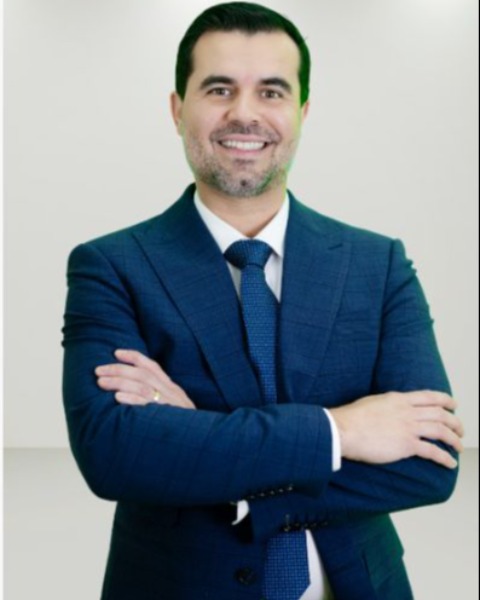Deformity
Comparative analysis of the quality of life of brazilian children with early onset scoliosis using the eosq-24 and chq pf-50 questionnaires.
Friday, February 21, 2025

Rodrigo Amaral, MD
Director
Instituto de Patologia de Coluna
Instituto de Patologia da Coluna
Presenting Author(s)
Introduction: Early-onset scoliosis (EOS) involves diverse etiologies and natural history, which require repetitive surgeries in childhood/adolescence. In recent years, there has been a growing interest in assessing the quality of life of children with EOS. This study aimed to apply and correlate the Early-Onset Scoliosis-24 Questionnaire with the Childhood Health Questionnaire
Methods: Cross-sectional study with a population composed of caregivers of patients with EOS. The sample consisted of 72 patients, with pre-defined inclusion and exclusion criteria. The Portuguese version of the EOSQ-24 and CHQ-50 PF both (0-100) scores were applied in three treatment centers by two separate research assistants. The EOSQ-24 assesses the subjective response of children with EOS from their parent's point of view. CHQ is a self-administered questionnaire or parental proxy assessment of the psychological and social status of children aged 5 to 18 years. This questionnaire measures a child's general health status and was developed for researchers and clinicians to study children's functional activities.
The study aims to perform a comparative analysis of quality of life using EOSQ-24 and CHQ PF-50, validated in Portuguese; taking into account surgical versus non-surgical groups, types of surgery and epidemiology of patients.
Results: We evaluated 72 patients, 41 (56.9%) were female, a mean age of 11.9+4.2 years. The most common scoliosis was of neuromuscular origin (32%). The CHQ questionnaire showed that family-related items had high scores.
Comparing the analysis of quality of life, according to the CHQ-50 and EOSQ-24, in surgical cases vs. non-surgical cases, no statistically significant difference was found between the groups. The analysis of surgical cases, compared whether quality of life was different between cases undergoing arthrodesis vs. non-arthrodesis. In most subcategories of the EOS-24, no statistically significant difference was identified, p>0.05. However, for general health, higher values in favor of the group that did not undergo arthrodesis, p=0.047.
Conclusion : In the general health subcategory of the EOS-24 questionnaire, significant difference was detected, p=0.047, for patients who did not undergo arthrodesis, characterizing this procedure as a factor that worsened the quality of life of patients with EOS
There were no other significant differences between quality of life, based on the questionnaires.
Methods: Cross-sectional study with a population composed of caregivers of patients with EOS. The sample consisted of 72 patients, with pre-defined inclusion and exclusion criteria. The Portuguese version of the EOSQ-24 and CHQ-50 PF both (0-100) scores were applied in three treatment centers by two separate research assistants. The EOSQ-24 assesses the subjective response of children with EOS from their parent's point of view. CHQ is a self-administered questionnaire or parental proxy assessment of the psychological and social status of children aged 5 to 18 years. This questionnaire measures a child's general health status and was developed for researchers and clinicians to study children's functional activities.
The study aims to perform a comparative analysis of quality of life using EOSQ-24 and CHQ PF-50, validated in Portuguese; taking into account surgical versus non-surgical groups, types of surgery and epidemiology of patients.
Results: We evaluated 72 patients, 41 (56.9%) were female, a mean age of 11.9+4.2 years. The most common scoliosis was of neuromuscular origin (32%). The CHQ questionnaire showed that family-related items had high scores.
Comparing the analysis of quality of life, according to the CHQ-50 and EOSQ-24, in surgical cases vs. non-surgical cases, no statistically significant difference was found between the groups. The analysis of surgical cases, compared whether quality of life was different between cases undergoing arthrodesis vs. non-arthrodesis. In most subcategories of the EOS-24, no statistically significant difference was identified, p>0.05. However, for general health, higher values in favor of the group that did not undergo arthrodesis, p=0.047.
Conclusion : In the general health subcategory of the EOS-24 questionnaire, significant difference was detected, p=0.047, for patients who did not undergo arthrodesis, characterizing this procedure as a factor that worsened the quality of life of patients with EOS
There were no other significant differences between quality of life, based on the questionnaires.

.jpg)